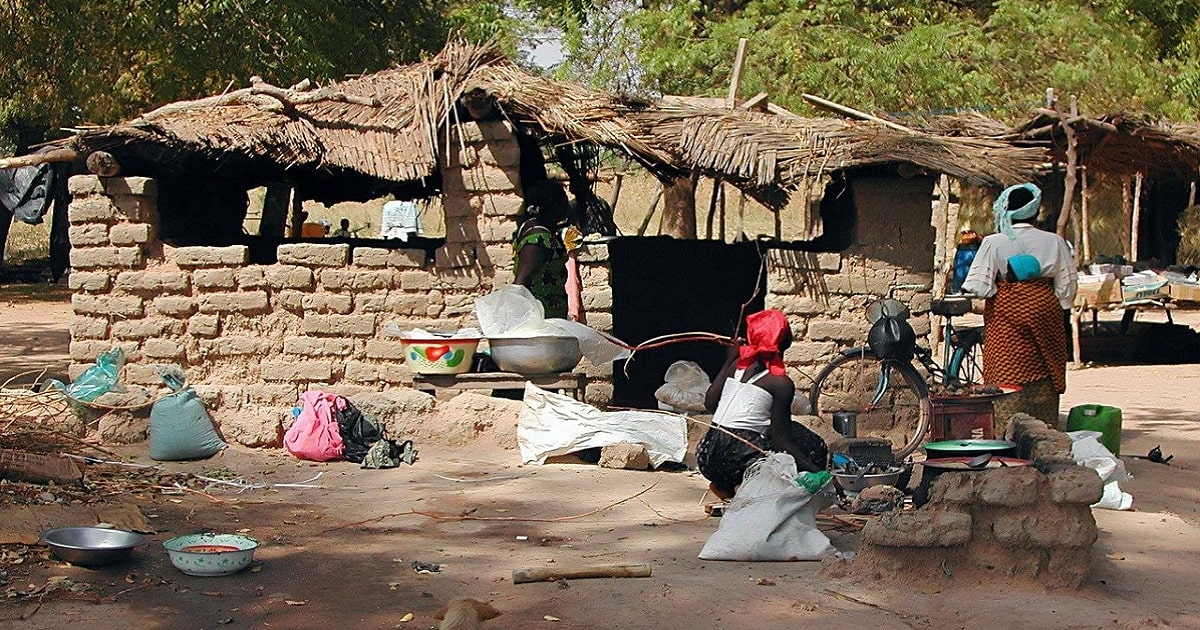Some donors have already indicated that they plan to cut 70% of Burkina Faso’s funding to support operations in Ukraine
By: Jessica Wanless
Norwegian Refugee Council
Global Media Adviser
The military coup in Burkina Faso late January made headlines. The registration that same month of over 160,000 newly displaced Burkinabé, a near-record high figure, did not. The jump marks the second biggest monthly increase since the humanitarian crisis started in the country over three years ago, say the Norwegian Refugee Council, Action Against Hunger, Médecins du Monde France and Oxfam.
“Flashing around big figures at high-level meetings doesn’t mean anything to people who lack decent shelter, clean water, and can’t feed their children three meals a day. We call on donor countries to make good on the promises made at the Central Sahel Conference in October 2020,” says Hassane Hamadou, Country Director for the Norwegian Refugee Council in Burkina Faso. “The crisis in this region should not be addressed only when strategically convenient, or when a Sahel country is in the media limelight. The international community has a duty to alleviate human suffering, whether they hit close to home or not.”
Since January 2019, the displaced population in Burkina Faso has grown by 2,000%, with over 1.7 million people now uprooted. More than two out of three are children. While a growing portion of this generation gets raised away from home and with little access to schools, education funding remains harrowingly low. Overall funding for the humanitarian response is less than half of what is needed. It is vital the crisis in Ukraine does not divert funds and attention away from the Sahel region this year, warn the signatories.
“Some donors have already indicated that they would proceed to a 70% cut of our funding to support operations in Ukraine. We are very concerned that this will become a trend, making access to healthcare and other basic services even scarcer for displaced people in Burkina Faso,” says Safia Torche, General Director for Médecins du Monde in Burkina Faso.
“The crisis in Ukraine is also likely to impact soaring grain prices, making an already bad situation worse,” says Grégoire Brou, Country Director for Action Against Hunger in Burkina Faso. “An estimated 3 million people are facing food insecurity in Burkina Faso and this number is likely to increase significantly this year during the lean season. Now is the time for the mobilization of all, not disengagement.”
• As of January 31, 2022, 1,741,655 IDPs were registered in Burkina Faso according to CONASUR. 1,579,976 IDPs were registered as of December 31, 2021 (Source: CONASUR)
• In January 2019, the country counted a total of 87,000 displaced people (Source: OCHA)
• September 2019 was the only month that recorded a bigger increase in new displacements (+197,366), with a total of 288,994 IDPs registered as of September 6, 2019 (Source: UNHCR) and 486,360 registered by October 4, 2019 (Source: WFP/CONASUR)
• 44% of the Humanitarian Response Plan was funded in 2021. Only 6.5% of the education needs were covered (Source: OCHA, FTS)
• More than US$1.7 billion was pledged by donor countries to scale up lifesaving humanitarian aid in Burkina Faso, Mali and Niger at the Ministerial Round Table for Central Sahel in October 2020 (Source: MRT Press Release). Last year, the three countries combined received US$708 million according to the FTS
• 3.5 million people in Burkina Faso are in need of humanitarian assistance in 2022 according to the Humanitarian Response Plan (Source: OCHA)
• 155 health facilities in the country do not operate due to insecurity and violence (Source: Health Cluster January 2022). 43 reported incidents of violence or threat of violence against health care in 2021 (Source: Insecurity Insight)
As part of this step-up in effort, the newly-appointed government must urgently respond to the humanitarian emergency in the country, not just the military and security dimensions of the crisis. We hope the appointment of the former Secretary-General of the Burkinabé Red Cross as Minister of Humanitarian Affairs will mark a renewed and robust cooperation with all humanitarian partners.









